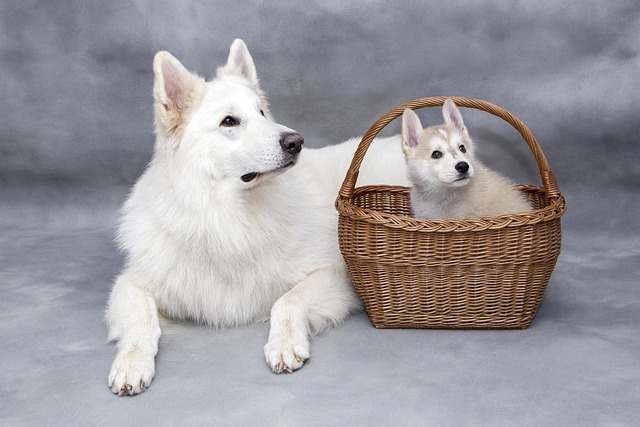
How do i train my dog to be obedient?
Watching your dog dart across the park ignoring your calls isn’t just frustrating—it can put them at risk near busy streets or public spaces.
Border Collies are brilliant, but that smarts can turn sharp when they’re feeling stressed or unfulfilled. If your Collie’s started growling, snapping, or lunging, it’s easy to feel frustrated—like you’re failing at this whole dog parent thing. But aggression in these dogs rarely comes out of nowhere. More often, it’s a signal: they’re overwhelmed, bored, or confused about what’s expected of them. Fixing it takes patience, but it starts with understanding why they’re acting out.
First, rule out pain. A sudden shift in behavior—like snapping when you touch their paw—might mean they’re hurt. A trip to the vet can check for joint issues, toothaches, or other discomforts that make even the sweetest Collie irritable. If they get a clean bill of health, look at their daily routine. These dogs need more than a walk around the block; their brains crave work. Without jobs to do—herding toys, learning tricks, or solving puzzles—they can get antsy, and that restlessness often spills over into aggression.
Consistent training is non-negotiable, but not the kind that relies on scolding. Border Collies shut down when yelled at; they respond better to calm, clear guidance. Start with basic commands—sit, stay, leave it—practiced in short bursts throughout the day. When they nail it, reward them with a treat or a game of tug (their favorite). This builds trust, showing them you’re a source of good things, not stress. Over time, they’ll learn to look to you for direction instead of reacting impulsively when they feel threatened.
 Socialization matters too, but go slow. A Collie who’s nervous around other dogs or strangers might lash out to protect themselves. Introduce new people and pets in quiet, controlled settings—like a empty park instead of a busy street. Let them set the pace: if they back away, don’t push. Offer treats when they stay calm, so they start associating new faces with good stuff. It might take weeks or months, but steady, positive interactions can turn their anxiety into curiosity.
Socialization matters too, but go slow. A Collie who’s nervous around other dogs or strangers might lash out to protect themselves. Introduce new people and pets in quiet, controlled settings—like a empty park instead of a busy street. Let them set the pace: if they back away, don’t push. Offer treats when they stay calm, so they start associating new faces with good stuff. It might take weeks or months, but steady, positive interactions can turn their anxiety into curiosity.
Managing their environment helps prevent triggers. If they growl at the mailman, close the curtains during delivery time. If they guard their food bowl, feed them in a quiet corner where no one disturbs them. Small changes like these reduce the chances of aggressive outbursts, giving you more opportunities to reinforce good behavior. And always keep them on a sturdy leash in public, not just to follow local laws, but to keep everyone safe while you work through their issues.
Remember, Border Collies want to please—they just need the right tools to do it. Aggression isn’t a personality flaw; it’s a cry for help. With time, training that challenges their minds, and lots of love, you can help them feel secure enough to let their gentle side shine. Before long, you’ll see less growling and more of the silly, loyal Collie you fell in love with.

Watching your dog dart across the park ignoring your calls isn’t just frustrating—it can put them at risk near busy streets or public spaces.

New puppy owners often find themselves rushing to clean up accidents before they set in, and that’s where puppy pad training becomes a game-changer.

If you've noticed your dog's waistline disappearing and your veterinarian has mentioned those few extra pounds, your first instinct might be to simply reduce the amount of food in their bowl.

Training a dog to use a designated spot indoors isn’t as daunting as many new owners fear, but it does take consistency and an understanding of your pet’s needs.

That moment of dread on a walk is all too familiar for many new dog owners. You see another dog approaching down the sidewalk of your neighborhood

If the sight of another dog on your neighborhood walk makes your heart sink as your own dog erupts into a frenzy of barking and lunging, you're not alone.